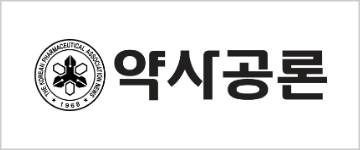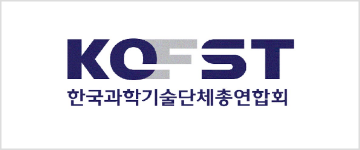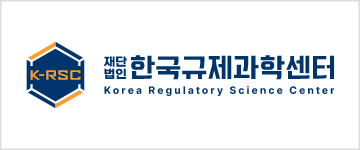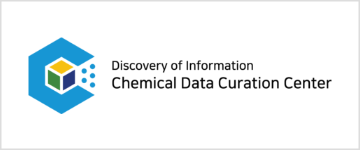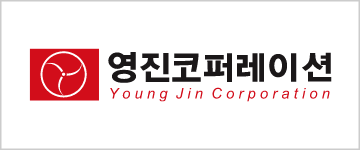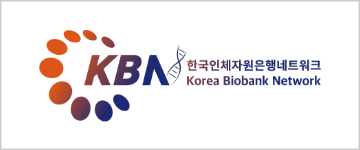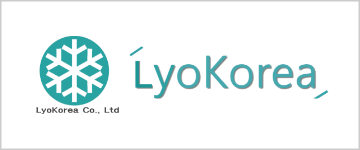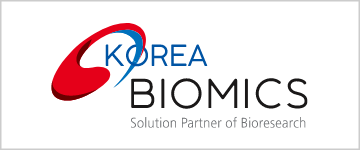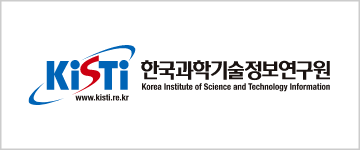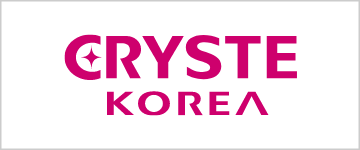2025 Fall
International Convention of PSK
2025 CONVENTION
Abstracts
MoPal-83 enhances anti-tumor immunity by activating macrophages and T cells while limiting tumor-induced trogocytosis
- Hye Jung Bang1, Su Jung Hwang1, Hyo-Jong Lee*1
- 1Shcool of Pharmacy, SungKyunKwan University, Korea
The defense network of the host relies on dynamic communication between innate phagocytes and adaptive lymphocytes. Plant-derived molecules are gaining prominence as immune regulators due to their lower toxicity compared with synthetic counterparts, though their precise actions remain insufficiently understood. We explored MoPal-83, an uncharacterized bioactive metabolite, to determine its immunological effects both ex vivo and in murine systems. In RAW264.7 cells, MoPal-83 enhanced transcription of prostaglandin-endoperoxide synthase-2, inducible nitric oxide synthase, and vascular endothelial growth factor, producing higher nitric oxide output and nuclear factor-κB signaling, together with increased release of tumor necrosis factor-α, interleukin-6, and interleukin-1β, consistent with a pro-inflammatory M1 phenotype. In the T-lymphoblast line Jurkat, the compound augmented activation, promoted destruction of co-incubated HCT-116 carcinoma cells, and lowered transfer of cellular fragments from cancer cells to T cells. In BALB/c mice, systemic delivery of MoPal-83 elevated spleen weight and induced leukocytosis, with increases in both lymphoid and monocytic subsets. Overall, these data suggest MoPal-83 is a strong natural immunoregulator that enhances macrophage polarization and T-cell activity while restraining tumor-driven trogocytosis, supporting its promise as an adjunct in immune-based therapies.
Q&A
- There are no registered questions












